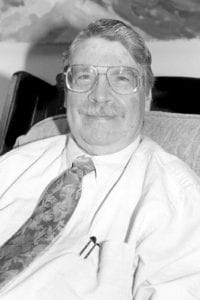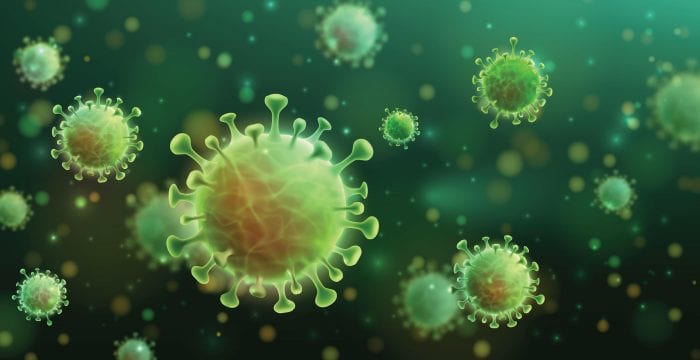Life Lines: Why does science frighten or annoy some people?
By Elof Axel Carlson

Science is a way of enlarging our knowledge about the universe. It is not the only way to do so. We can experience the universe through our travels, our observation of the changing seasons, our feelings of awe at a glorious sunset, or the joy of seeing a rainbow form after a passing rain shower.
We can also experience a feeling that many call spiritual, through meditation, prayers, or reverential feelings. All societies experience these different ways of encountering the diversity of the universe and how to classify the world we experience around us. What sets science apart is its use of reason and tools to explore the universe.
Experimental science was formalized during the renaissance especially in Italy where Galileo and his students did experiments to work out the first laws of physics using inclined planes and quantitative relations to show a mathematical measure of speed and acceleration. Galileo also added the use of the telescope to explore the heavenly bodies and showed Venus had phases like the moon, the moon had craters and mountain ranges, Jupiter had 4 moons whose orbits he and his students worked out, and the sun had sunspots whose migrations allowed him to show the sun rotates on an axis.
That is not knowledge one gets from revelation or looking for bible codes in the Old Testament verses. It led to a dualism with Descartes and other philosophers seeing the universe as containing two realms – the material universe accessible to science through reason and experimentation and the spiritual or supernatural world that was accessible by revelation and scriptural interpretations of theologians. The Renaissance was also contentious, and Protestants and Catholics fought over who should interpret the Bible.
The relation between the world interpreted by science and the world interpreted by the supernatural has been an uneasy one ever since the Renaissance. Many people have no problem balancing the two ways to experience their lives. Other feel uncomfortable with the supernatural or uncomfortable with the scientific outlook expressed as atheism agnosticism, humanism, or scientism.
I am a scientist, and in that role I avoid explanations invoking the supernatural. I describe what is accessible through observation, experimentation, and the tools of science to investigate what is complex and render it interpretable through my studies. But I am also a human being who enjoys listening to music, going to museums to see great artworks and reading wonderful books of fiction and human imagination.
Science enlarged the universe I can live in and made possible the long life I have lived. Some people, however, have a more ambivalent relation to science. They see it as destructive to their spiritual beliefs. They see it as destroyer of their children’s faith. They see it as sterile of emotions and human feelings. They see it as a rival that deprives them of the total freedom of the will to do what they want when they want.
We see this in the responses to the advice offered by the nation’s epidemiologists and microbiologists who have studied infectious disease. Germs have no ideology. They have hosts. Those hosts can include you or me.
My response to a contagious disease is to follow what science recommends. I get a flu shot each year. I was immunized in my youth against smallpox, polio, and whooping cough. I had the measles and got an autoimmunity from that as was the case for mumps during the Depression years I grew up.
I am puzzled that adults can take offense at being told to wear a facial mask to prevent spraying their germs in the streets and rooms they occupy as well as serving as a protection from those germs exhaled from our mouths and noses.
I am puzzled that people belittle scientists who measure the oceans’ temperatures and the study of the melting of glaciers around the polar regions and who keep careful records showing increases of carbon dioxide in the atmosphere and a rising temperature of the atmosphere and a rising sea level and more numerous and severe climate changes around the world. The evidence is overwhelming that it is caused by a fossil fuel carbon-based civilization and that it needs regulation through international treaties.
But those who ignore or reject science do not offer an alternative to changing our habits of how we live. What is it besides “wishful thinking” or denial that they offer in response? I am not advocating that science always has good outcomes. Science, like all human activity, has to be monitored, assessed and regulated. Pollution of the land, air and waters that are essential for our lives needs regulation. Science often lends its help to the construction of weapons of mass destruction which is just rationalized murder of the innocent who are embedded in the guilty we designate as the enemy.
In a democracy it is our obligation to debate the uses and abuses of science as well as the uses and abuses of cultural beliefs and political ideologies. It is false to believe that society and nature are always self-correcting without human involvement in how we respond to the threats often of our own making.
Elof Axel Carlson is a distinguished teaching professor emeritus in the Department of Biochemistry and Cell Biology at Stony Brook University.







